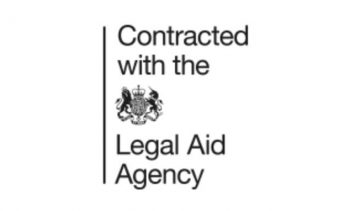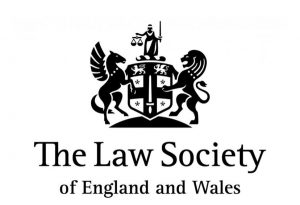Default judgments are a powerful legal tool for claimants in court proceedings. However, it is essential to understand that default judgments can be set aside under certain circumstances. When a defendant is served with particulars of claim, they have 14 days to file an acknowledgment of service or a defence.
If the defendant fails to file within the specified timeframe, the claimant may request a default judgment.
When considering an application to set aside a default judgment, the court will assess whether the application has been made promptly and will take into account the following factors:
The circumstances under which the court has the discretion to set aside or vary the default judgment, and whether the judgment has been entered wrongly
Court’s Discretion to Set Aside Default Judgments
The court has the discretion to set aside a default judgment in the following situations:
- The defendant has a real prospect of successfully defending the claim.
- It appears to the court that there is some other reason to set aside or vary the default judgment, such as: a. The defendant should be allowed to defend the claim. b. The default judgment should be set aside or varied.
It is not enough for the defendant to simply show that they have an arguable defence. Instead, they must demonstrate that there is a real prospect of successfully defending the claim.
The “some other reason” ground is a standalone alternative and offers the court broad discretion in its decision-making process. When an application of this nature is made to the court, opposing it might be costly and could result in an adverse costs order being awarded.
Wrongly Entered Default Judgments
The court must set aside a default judgment that has been wrongly entered, even if there is no defence on the merits. This will occur in the following circumstances:
An acknowledgment of service or defence has been filed within the prescribed time limits. An application for summary judgment has been made before the entry of the default judgment.
Prior to the entry of the default judgment, the defendant filed and served on the claimant an admission of liability to pay the entire sum claimed in a money claim, along with a request for time to pay. The entirety of the claim was satisfied before the judgment was entered.
Legal Assistance for Default Judgments in London
The housing department at Adel Jibs & Co Solicitors, a leading law firm in London, is well-equipped to assist you in bringing or defending a claim related to default judgments.
Our team of experienced solicitors in London is ready to help you today. If you need legal advice or representation for default judgments, email us at info@adeljibssolicitors.co.uk or call our office at 020 3417 4859 to discuss your case and explore your legal options.
We are committed to providing the guidance you need to navigate your housing litigation matter and achieve the best possible outcome for your situation.
Contact Adel Jibs & Co Solicitors now for expert legal assistance with default judgments in London.


